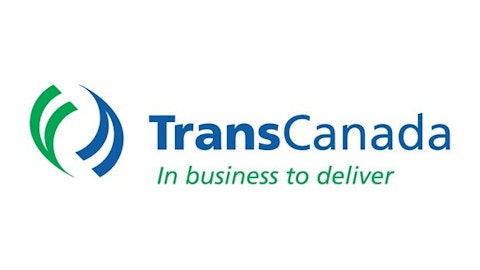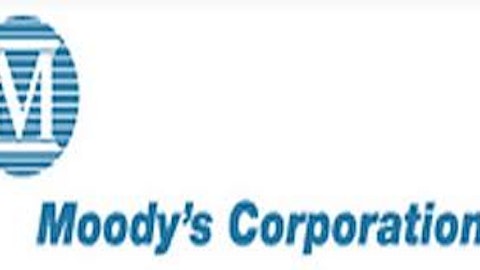Typically when companies forecast lower sales or profits, their stocks usually take a hit. It’s not always easy to tell whether it’s having a fire sale or burning down its house. Maybe it’s time to get out — or maybe it’s time to buy more!
After reporting fourth-quarter earnings that were below analyst estimates, slashing its dividend, and offering guidance below expectations, it’s surprising that the nation’s largest operator of nuclear power plants, Exelon Corporation (NYSE:EXC), didn’t suffer a meltdown. Although its stock did ease back a little, the shares remain in an upward trend, having risen almost 11% from the lows they hit last November.

Like lemmings over the cliff
Probably more so than lowering guidance, cutting a dividend like Exelon Corporation (NYSE:EXC) did (the utility is slashing it 41% to $0.31 a share) will often cause a company’s stock to tumble and its financial acumen to be called into question. It’s one of the reasons companies are loath to do so and why they often resort to other financial gymnastics to preserve the payout.
Yet it’s not as if Exelon Corporation (NYSE:EXC) didn’t warn investors that it might have to cut the dividend — it told them last November that if conditions didn’t change, its payout might need to be trimmed. Still, a tactical retreat is oftentimes a smart decision, and analysts have uniformly praised Exelon’s move because it’s being done to preserve its investment-grade credit rating.
By lowering the dividend and maintaining its rating, the nuclear-plant operator asserts that it will be better able to invest in growth opportunities when they arise while still providing financial stability for the dividend that remains. Indeed, following the announcement, ratings agency Moody’s Corporation (NYSE:MCO) reaffirmed its Baa2 rating.
Grow up or grow out?
Yet after acquiring Constellation Energy last year, Exelon has deferred further growth spending because market conditions haven’t been favorable. Its fourth-quarter earnings report was hit by lower energy prices as power companies are announcing that they’ve shut down or will shut down by 2015 some 19,000 coal-fired power plants. Typically, that would cause heat rates — which, in turn, affect pricing — to rise, but that’s not happening at the moment. Exelon’s prices in 2012 were at or lower than the levels seen in 2011 and 2010, hurting margins.
Exelon Corporation (NYSE:EXC) could take on new debt to support the dividend, but doing so would jeopardize its investment rating, and if it’s to grow in the future, it can’t have a balance sheet larded with debt. It wants to invest in initiatives that add to stable cash flows. Renewable energy also remains a top priority, such as its new 230-megawatt solar farm in California that First Solar, Inc. (NASDAQ:FSLR) is building and its City Solar urban solar installation in Chicago that it partnered with SunPower Corporation (NASDAQ:SPWR) on.





